Introduction to Metal C-Ring Seals: A Comprehensive Guide
Introduction
In the world of industrial sealing solutions, Metal C-Seals stand out for their exceptional resilience and performance under extreme conditions. These seals are crucial in various high-stress environments, such as aerospace, power generation, and chemical processing industries. This comprehensive guide delves into the intricacies of Metal C-Seals, exploring their applications, benefits, and key considerations to help you make informed decisions for your sealing needs.
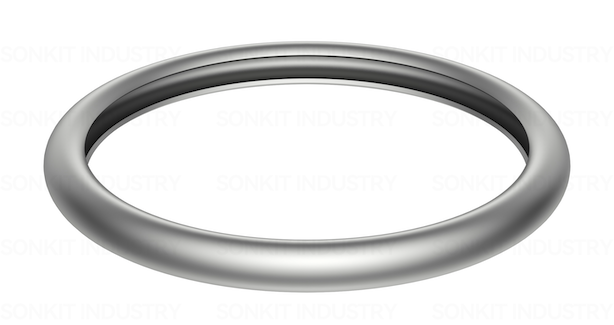
What are Metal C-Seals?
Metal C-Seals, also known as C-Rings, are highly resilient metallic seals designed to withstand extreme temperatures, high pressures, and aggressive media. Their unique C-shaped construction provides superior springback characteristics, making them ideal for applications where organic gaskets fail. These seals are available in various materials, including nickel alloys and stainless steel, and can be customized to meet specific requirements.
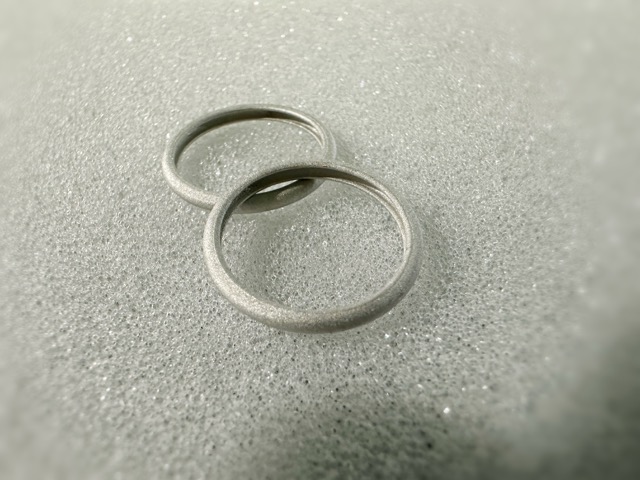
Key Features and Benefits of Metal C-Seals
Superior Resilience
One of the standout features of Metal C-Seals is their high springback characteristic. This resilience ensures that the seal maintains its integrity and effectiveness even under fluctuating pressures and temperatures. The C-shaped construction allows the seal to recover its shape after deformation, providing a reliable sealing solution in demanding environments.
Wide Temperature and Pressure Range
Metal C Ring Seals are designed to operate in a broad range of temperatures and pressures. They can withstand temperatures from cryogenic levels up to 1450°F and pressures from vacuum conditions to 55,000 psi and higher. This versatility makes them suitable for various industrial applications, including those with extreme thermal and mechanical stresses.
Minimal Leakage
For applications where very low leak rates are critical, Metal C-Seals can be plated or coated to provide a relatively soft surface. This coating flows into minor imperfections of the flanges during installation, ensuring a tight seal and minimal leakage. Common coating materials include silver, gold, tin, and PTFE, each offering unique benefits for specific applications.
Customization and Versatility
Metal C-Seals are available in a wide range of cross-sections, diameters, and materials. This customization allows for tailored solutions that meet the specific needs of different industries. Whether you require circular, oval, or other custom shapes, Metal C-Seals can be manufactured to precise specifications, ensuring optimal performance in your application.
Applications of Metal C-Seals
Aerospace and Defense
In the aerospace and defense industries, Metal C-Seals are essential for ensuring the integrity and safety of critical components. They are used in:
- Gas turbine engines
- Fuel systems
- Valves
- Injection systems
These seals provide reliable performance in both internal and external pressures, making them ideal for demanding aerospace applications.
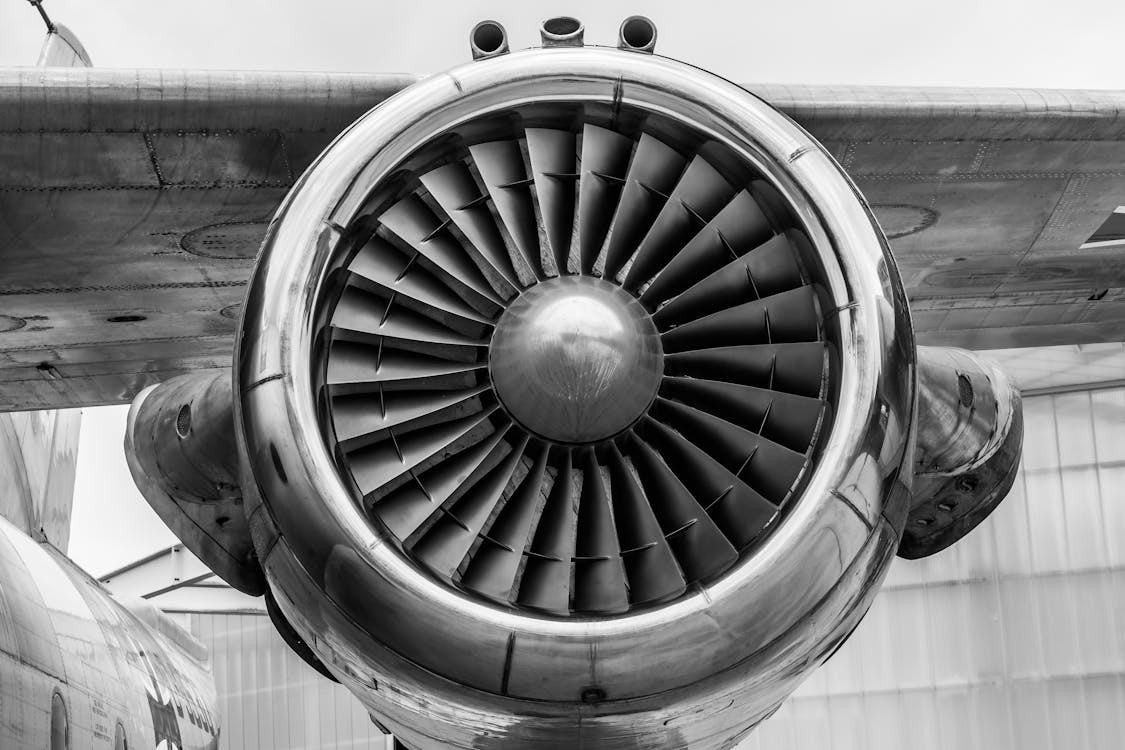
Power Generation
Metal C-Seals play a crucial role in power generation systems, particularly in gas and steam turbines. These seals ensure the efficient operation of turbines by preventing leakage and maintaining pressure integrity. They are also used in flange connections, vacuum applications, and engine exhaust systems, where high-temperature and high-pressure conditions are common.
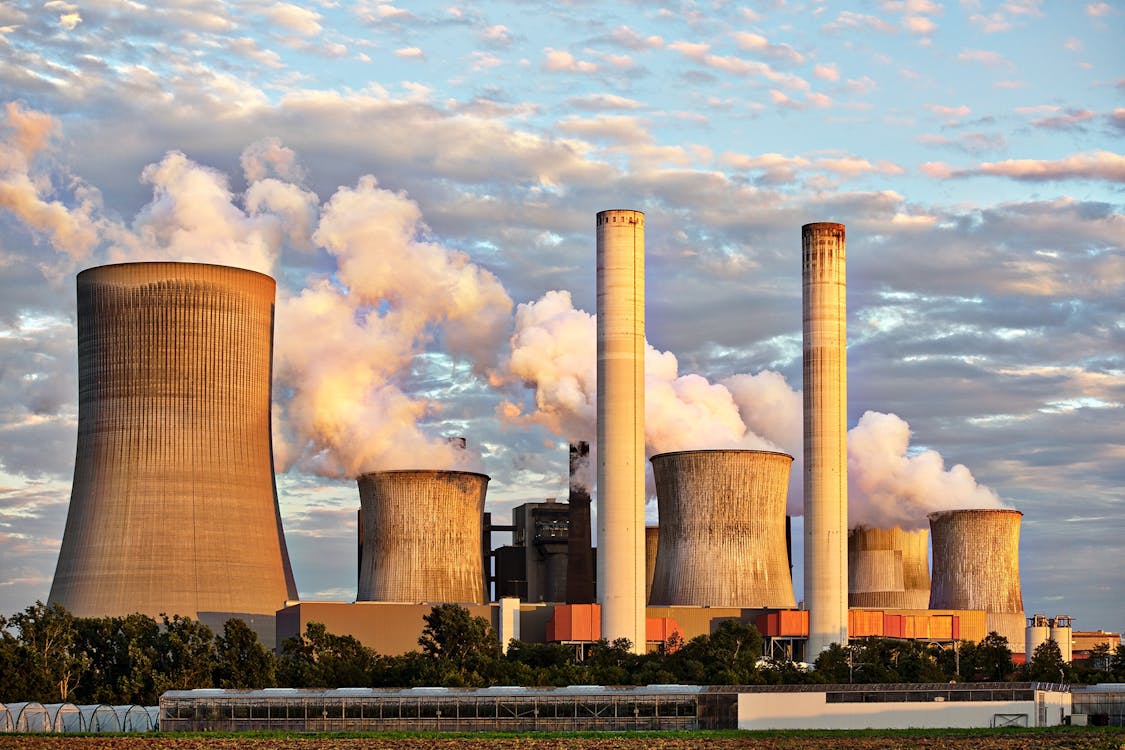
Chemical Processing
In the chemical processing industry, Metal C-Seals are used in applications involving aggressive media and extreme temperatures. Their corrosion resistance and ability to maintain a tight seal under high pressures make them ideal for sealing systems in chemical plants, refineries, and other processing facilities. Coatings such as PTFE enhance their performance in corrosive environments, ensuring long-lasting reliability.
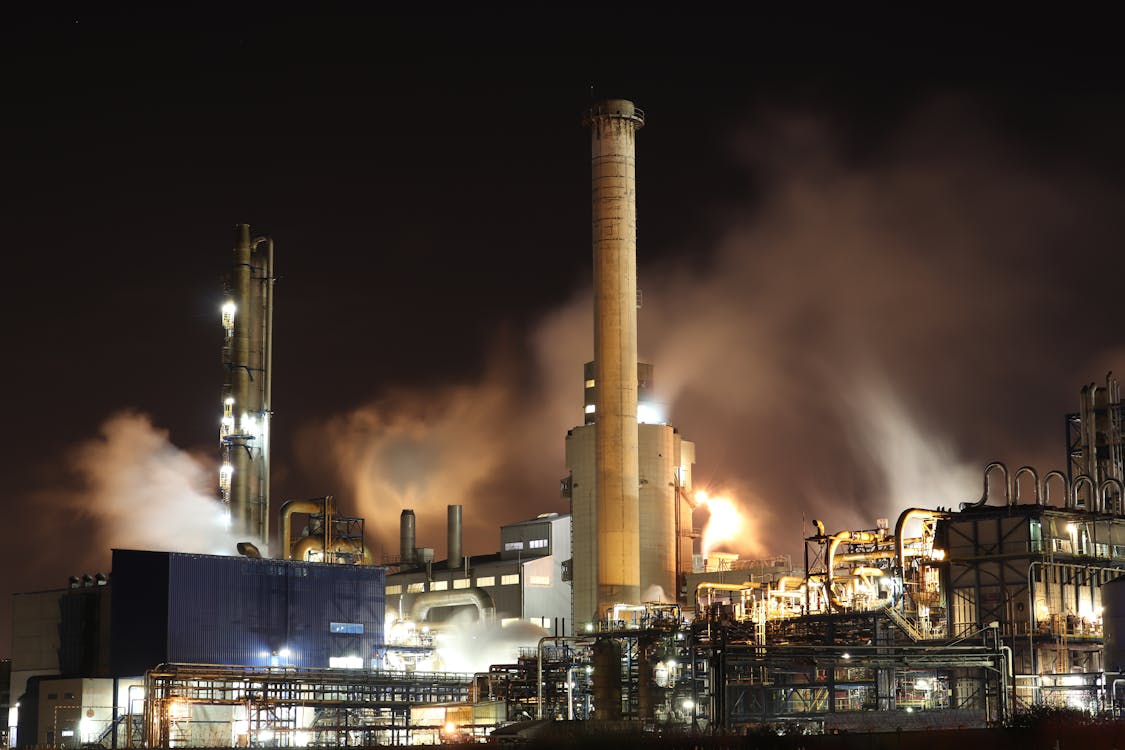
Semiconductor Manufacturing
Semiconductor manufacturing requires precise and reliable sealing solutions to maintain clean and controlled environments. Metal C-Seals are used in vacuum applications and cryogenic systems, where minimal leakage and high-temperature resistance are critical. Their ability to withstand extreme conditions ensures the integrity of semiconductor manufacturing processes.
Choosing the Right Metal C-Seal
Material Selection
Choosing the right material for your Metal C-Ring is crucial for ensuring optimal performance. Common materials include nickel alloys (such as Inconel 718 and Inconel X-750) and stainless steel (such as SS 304). Each material offers unique properties, such as high-temperature resistance, corrosion resistance, and mechanical strength. Consider the specific requirements of your application when selecting the material for your Metal C-Seal.
Coating and Plating Options
Coating or plating your Metal C-Seal can enhance its sealing performance and durability. Common coating materials include silver, gold, tin, and PTFE. Silver and gold provide excellent corrosion resistance and are suitable for high-temperature applications. PTFE offers superior sliding properties and corrosion resistance, making it ideal for aggressive environments. Choose the coating that best matches the demands of your application to ensure optimal sealing performance.
Design Considerations
When selecting a Metal C-Seal, consider the basic design criteria, such as the seal's outer diameter (OD) and free height. Larger free heights provide better resilience and more consistent performance. Additionally, consider the operating conditions, such as temperature, pressure, and media, to ensure the seal meets the specific requirements of your application.
Case Studies and Industry Examples
Power Generation: Natural Gas Turbine
A natural gas turbine is a type of internal combustion engine that converts the heat produced by natural gases into mechanical energy. This energy is then supplied to power generators that produce electricity for residential and industrial use. Metal C-Seals are used in gas turbines to ensure the integrity of critical components, such as fuel systems and valves. Their high-temperature resistance and minimal leakage properties make them ideal for this demanding application.
Aerospace: Gas Turbine Engines
In aerospace applications, gas turbine engines require reliable sealing solutions to maintain performance and safety. Metal C-Seals are used in fuel systems, valves, and injection systems to prevent leaks and ensure the efficient operation of the engine. Their ability to withstand extreme temperatures and pressures makes them essential for aerospace applications.
Chemical Processing: Corrosive Media
In chemical processing plants, Metal C-Seals are used in systems that handle corrosive media and high-temperature conditions. Their corrosion resistance and ability to maintain a tight seal under high pressures ensure the safe and efficient operation of chemical processing systems. Coatings such as PTFE enhance their performance in aggressive environments, providing long-lasting reliability.
Installation and Maintenance
Installation Tips
Proper installation is crucial for ensuring the effectiveness of Metal C-Seals. Follow these tips to achieve optimal sealing performance:
- Ensure the sealing surfaces are clean and free of debris
- Apply a suitable lubricant to the seal to reduce friction during installation
- Compress the seal to the recommended deformation (typically around 20% of the seal's height) to achieve a tight fit
- Inspect the seal for any damage or deformation before installation
Maintenance and Inspection
Regular maintenance and inspection of Metal C-Seals can help prevent leaks and ensure long-lasting performance. Follow these guidelines for maintaining your seals:
- Inspect the seals periodically for signs of wear, corrosion, or damage
- Replace seals that show signs of significant wear or damage to prevent leaks
- Clean the sealing surfaces and seals regularly to remove debris and contaminants
- Monitor the operating conditions (such as temperature and pressure) to ensure they remain within the seal's specified range
Conclusion
Metal C-Seals are indispensable components in various high-stress industrial applications. Their superior resilience, wide temperature and pressure range, and minimal leakage properties make them ideal for demanding environments. By understanding the key features, benefits, and applications of Metal C-Seals, you can make informed decisions to ensure the reliability and efficiency of your sealing solutions.
Whether you are in the aerospace, power generation, chemical processing, or semiconductor manufacturing industry, Metal C-Seals offer the performance and durability you need. Consult with experts and consider the specific requirements of your application to choose the right Metal C-Seal for your needs.

 Language
Language
 China
China German
German French
French Italian
Italian Spanish
Spanish Turkish
Turkish Arabic
Arabic Dutch
Dutch


 Service
Hotline
Service
Hotline
